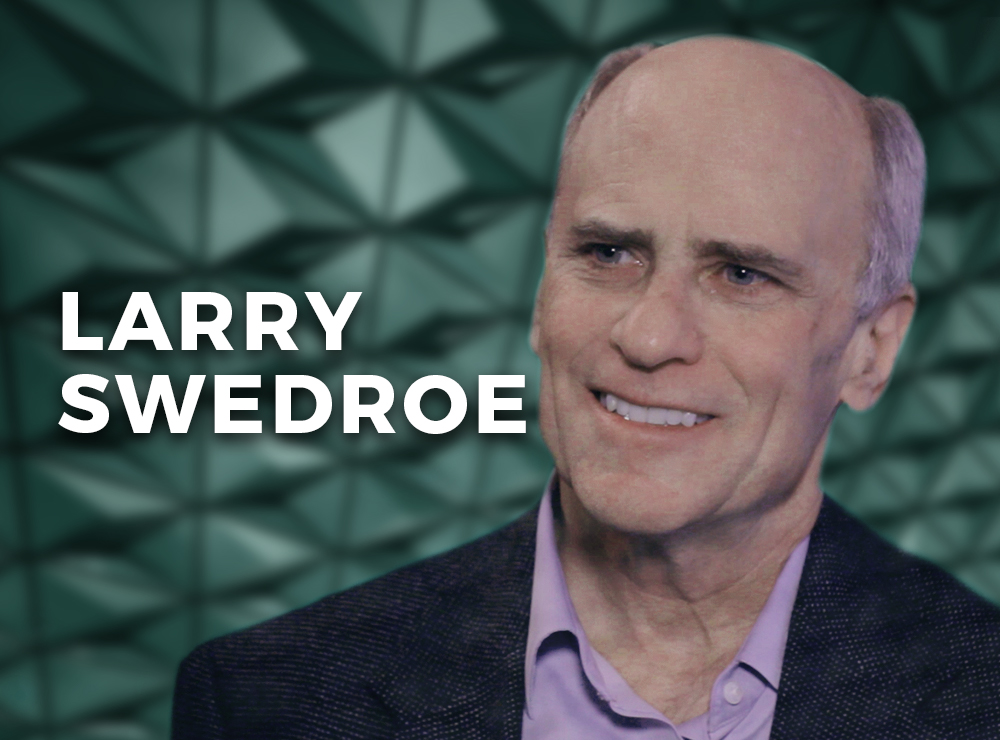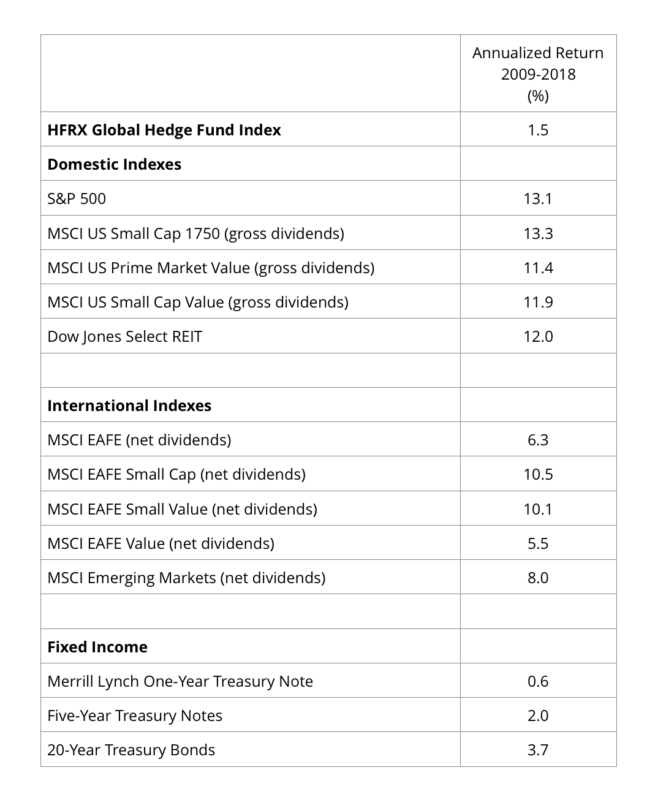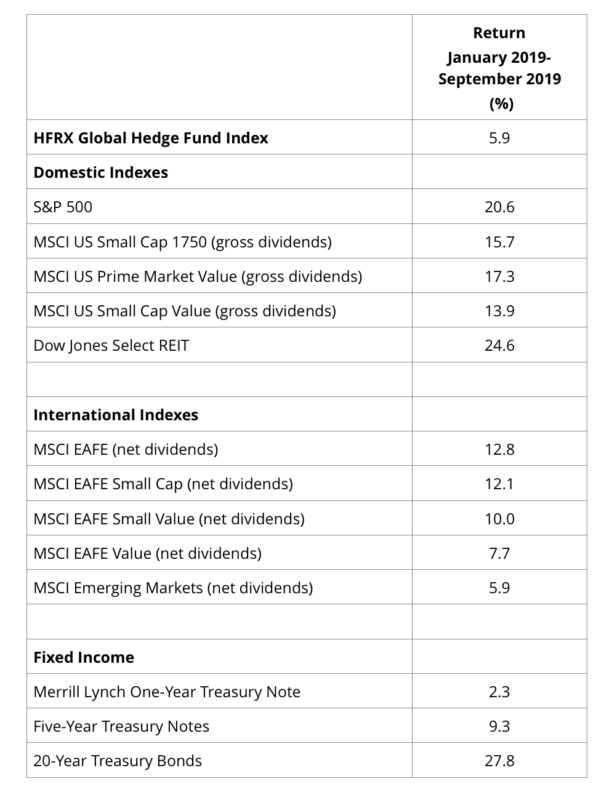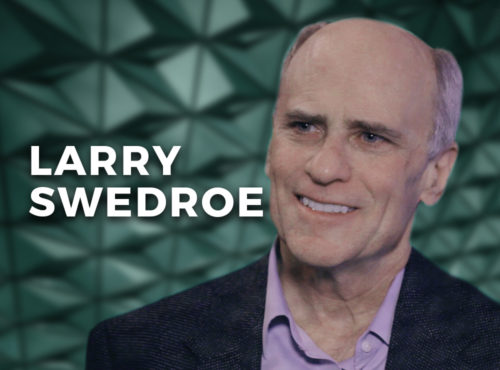
By LARRY SWEDROE
Hedge funds entered this year coming off their 10th straight year of trailing the return of the S&P 500 Index. And as you can see in the following table, over the 10-year period ending December 2018, they underperformed every single major equity asset class by wide margins. They also outperformed virtually riskless one-year Treasuries by just 0.9 percent, and underperformed intermediate and long-term Treasuries.

With that perspective, my colleague, Corey Hendershot, reviews their performance over the first three quarters of 2019. For the first nine months of 2019, the HFRX Global Hedge Fund Index produced a total return of 5.9 percent.

As you can see, the hedge fund index underperformed every single major equity asset class with the exception of Emerging Markets (it had the same performance), and two of the three bond indexes. However, we can take our analysis a step further and determine how hedge funds performed against a globally diversified portfolio.
An all-equity portfolio allocated 50 percent internationally and 50 percent domestically, equally weighted among the indexes from the table within those broader categories, would have returned 14.0 percent, outperforming the hedge fund index by 8.1 percentage points.
Another comparison we can make is to a typical balanced portfolio of 60 percent equities and 40 percent bonds. Using the same weighting methodology as above for the equity allocation, the portfolio would have returned 9.3 percent using one-year Treasuries (outperforming the hedge fund index by 3.4 percentage points), 12.1 percent using five-year Treasuries (outperforming the hedge fund index by 6.2 percentage points), and 19.5 percent using long-term Treasuries (outperforming the hedge fund index by 13.6 percentage points).
Given the results and the wide dispersion of returns between U.S. and international equities, one might think hedge funds would have used their freedom to move across asset classes, which they often tout as their big advantage, to better effect.
The problem is that the efficiency of the market, as well as the cost of the effort, can turn that supposed advantage into a handicap. Given the evidence on hedge funds’ underwhelming results, it’s puzzling that they are still managing about $3 trillion in assets.
I’ll report back again on hedge fund performance after the fourth quarter.
LARRY SWEDROE is Chief Research Officer at Buckingham Strategic Wealth and the author of 17 books on investing, including Think, Act, and Invest Like Warren Buffett.
Some of Larry’s other articles include:
Sequence risk is a big threat to retirees
The facts on active share and outperformance
How interest rates affect risk taking
Do yield curve inversions tell us anything useful?
Talk of a passive bubble is just hot air







